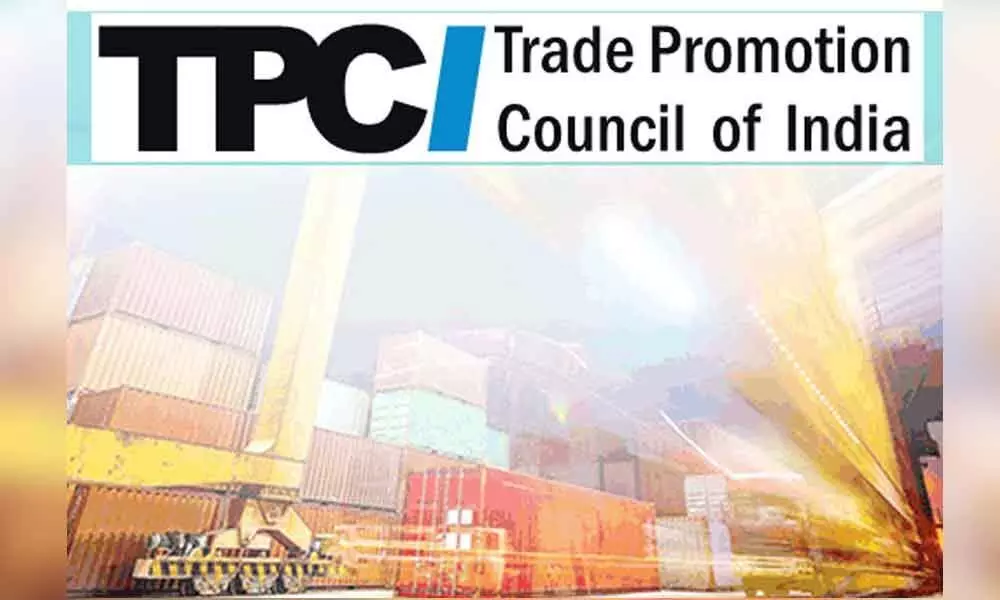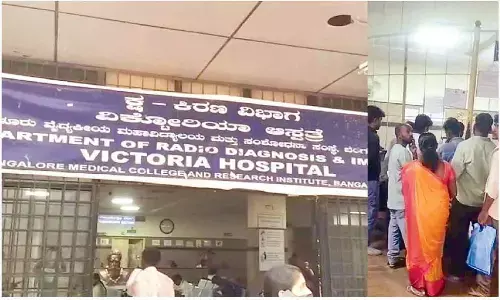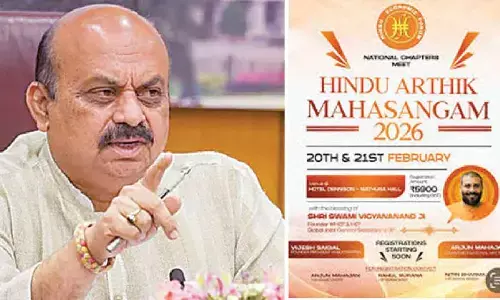TPCI sharpens strategy to boost agricultural exports

The plan includes mandatory pre-export certification, revamping SEZ policy, increasing customer base, branding and strengthening last mile connectivity
New Delhi: Trade promotion body TPCI on Friday suggested a five pronged strategy to the government, including mandatory pre-export certification and revamping SEZ policy for food sector, to boost outbound shipments of agricultural goods.
The Trade Promotion Council of India (TPCI) said India has the potential to raise agri exports to $100 billion (about 7.10 lakh crore) in the coming years.
It proposed 100 per cent pre-export certification, increasing customer base, branding, strengthening last mile connectivity for agri produce, and revamping SEZ policy for food exports.
"Before trading in a new market, most countries demand that your products conform to national and international standards.
As a result, your products need to be designed and tested so that they can be sold in your target countries without hassles," TPCI Chairman Mohit Singla told reporters here.
He said pre-export certification will ensure regulatory compliance for products and meet the requirements of the countries the exporters want to ship.
"If this is ensured, the quality of our product will also fetch premium value for food and beverages exports.
The mandatory 100 per cent pre-export certification will create the brand as a reliable and good quality exporter," he added.
To enhance customer base, the government should support companies to create different products which suit global demands, Singla said.
He added that providing the last mile connectivity to the agri produce from the country is the need of the hour and crucial for exports.
"Our farm produce such as pepper, cardamom, cashew, is either undervalued in global market or overvalued domestically as in case of most of the spices which fails to get a market for exports," he said.
For special economic zones (SEZ), he said the lack of incentives for manufacturing and exports of value-added food and beverages is inhibiting global players from coming to India to set up facilities.
A foreign investor should be allowed to import raw material at zero duty and avail duty rebate proportionate to value addition, he said.
"Also, foreign investors should be incentivised by lower duty on value addition they achieve, especially for the food sector where duty is already high," he said.
To promote India as a global sourcing hub for the sector, TPCI is organising global food show IndusFood 2020 in Greater Noida from January 8. Over 1,300 global importers are participating in the show.










